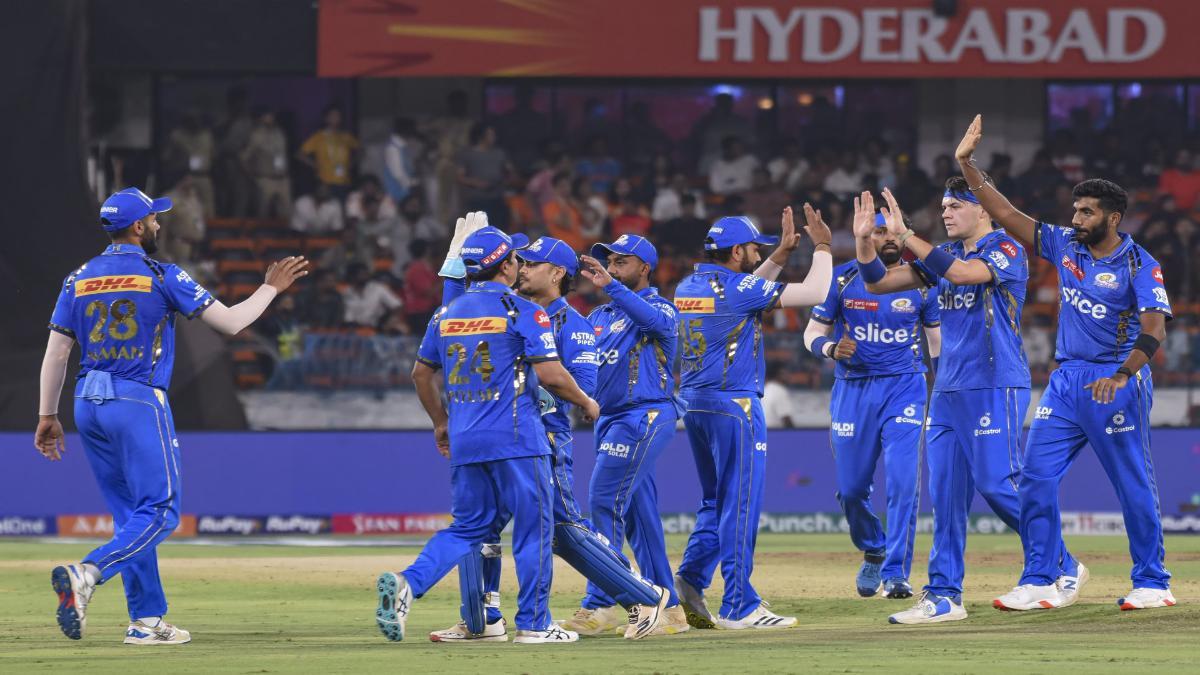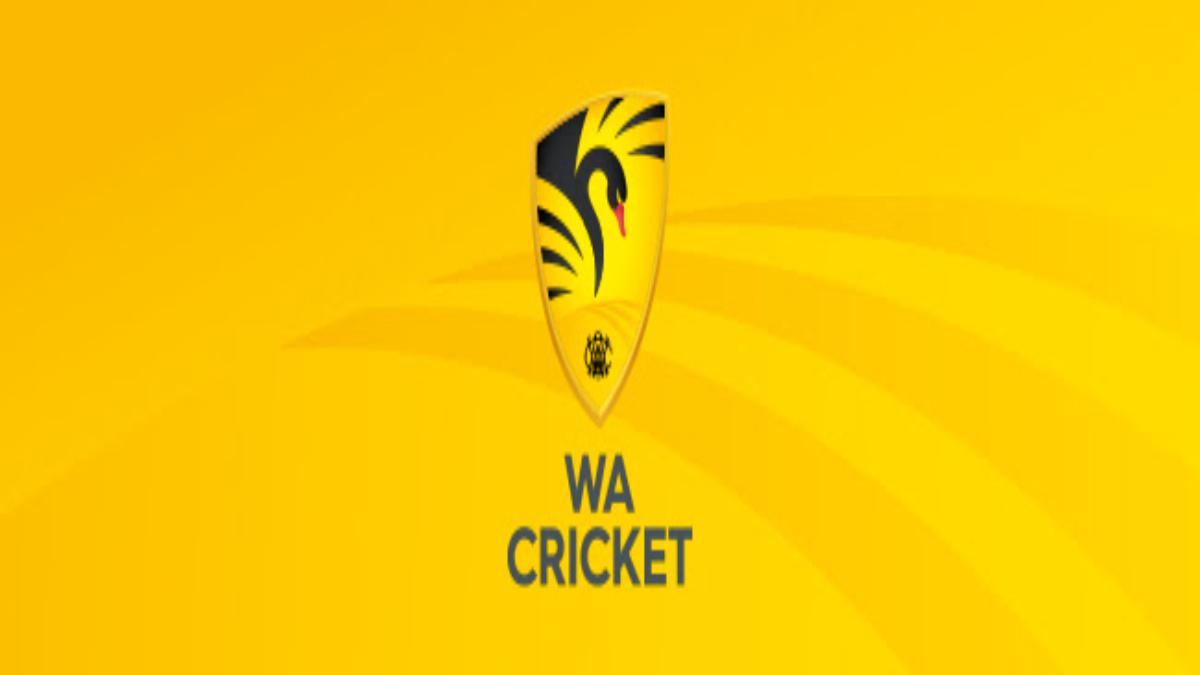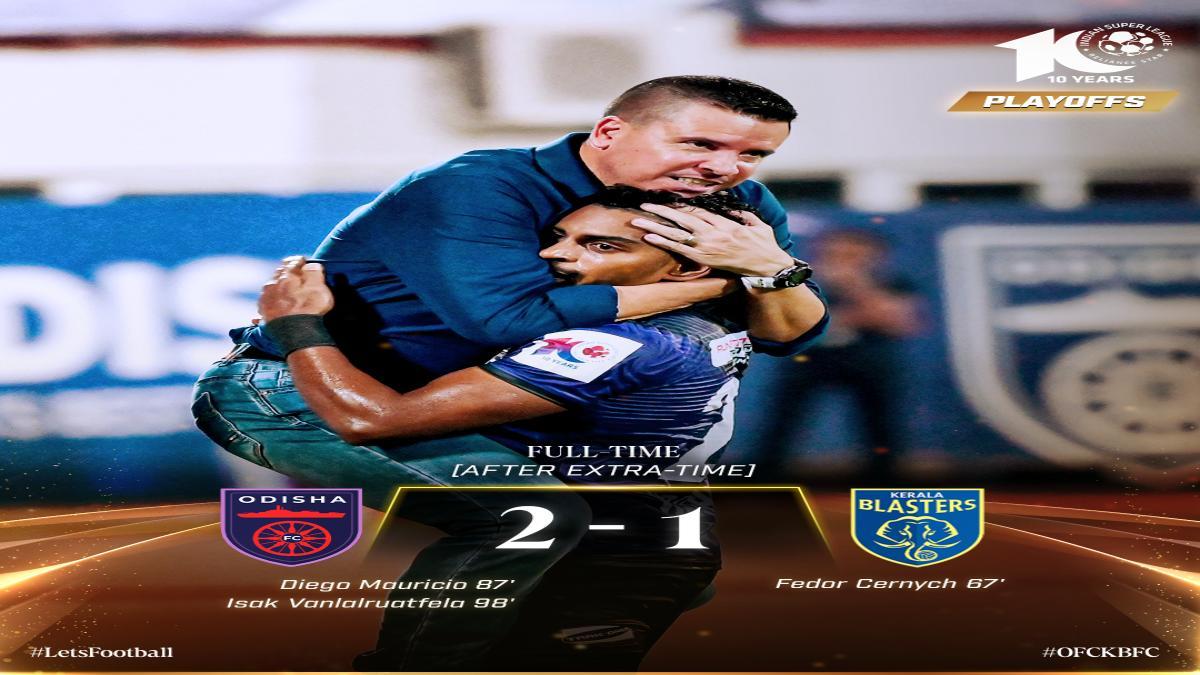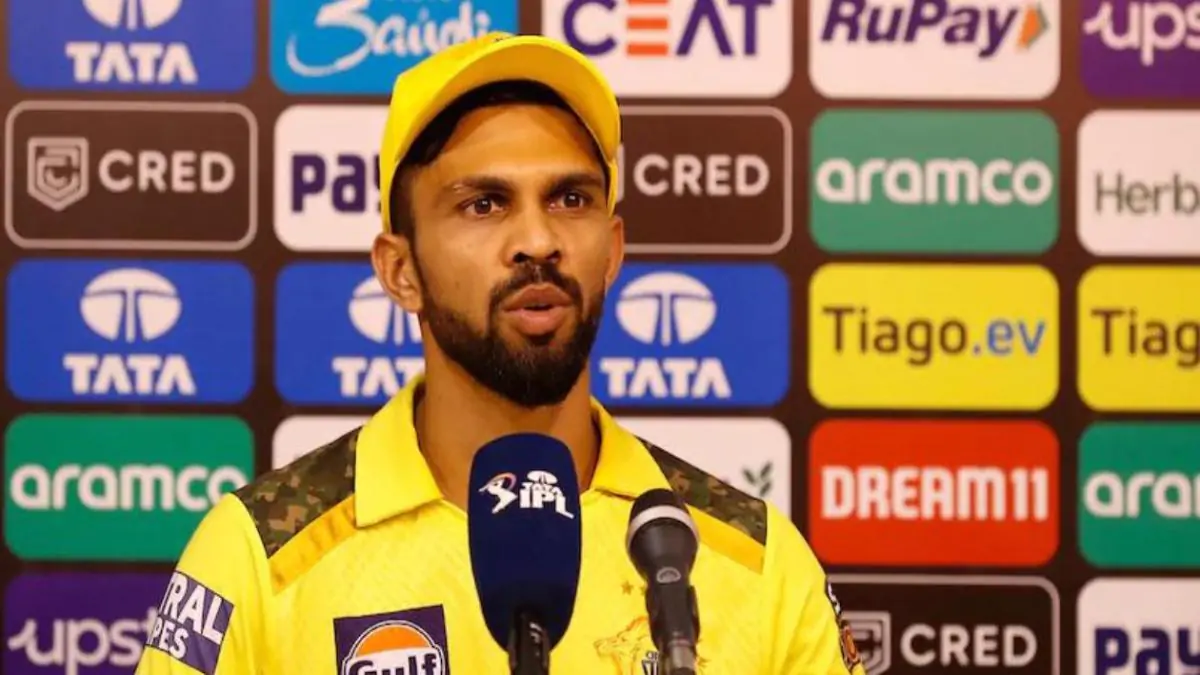Can Esports events ever be as big as a Superbowl or ICC World Cup? The answer is that they already are. Esporting finals fill entire stadiums and arenas with audiences and the events sell out within hours. Fans pay for and log on to streaming services just to watch their favourite gamers practice. However there is still a lot of debate surrounding whether or not Esports actually count as sports at all.
One of the main concerns that traditional sporting fans have is that Esports athletes don’t have to maintain physical fitness to be good and there is no real movement. Some contend that a sports performance, the result of the athlete's mind and body interacting – such as a golfer swinging a club and striking the ball – must be included in the definition of sport. What these people don’t know is that to be a successful professional gamer athletes have to have reaction speeds similar to that of major league baseball players and NHL goalies. Their movement on keyboards and equipment reflect those of high level musicians. The cortisol they produce is much like that of a NASCAR driver. Their heartbeats can go up to 160-180 beats per minute.
In Esports, the body and physical activity play a different role. In hand-eye coordination, for example, the body is not involved beyond connection with the input device and game software. However, recent years have seen popular acceptance of mental sports such as chess, as well as the growing importance of technology-assisted components of other sports, such as motor sports. Then there are also VR headset games that require proper body movement to play.
A gamer can even incur injuries if they don’t take care. Gamers are frequently affected by carpal tunnel syndrome. The carpal tunnel, which connects the nerves in your arm and hand, can become narrow, limiting your range of motion. You may also get discomfort in your hand. If your condition worsens, your hand will eventually become weaker. Tennis elbow can be acquired without ever setting foot on a tennis court. It can also be acquired while playing video games. The tendon that allows your fingers to extend can be damaged by the repetitive motion of gaming. You will experience pain in your elbow and forearm, which may extend down your arm. Gamers often complain about neck, shoulder and back pain which is common to any other sport. They even experience retina fatigue.
Professional gamers have now started having proper coaches and fitness regimens because they have noticed an increase in level of performance by exercising and so now they do it regularly. They eat healthy and understand the importance of good sleep and mental health for their performance. Colleges have started to provide equal scholarship programmes for both regular and eSports which means they are required to maintain a minimum grade average in their studies to be allowed to participate. They even get athletics visas to travel internationally for such events.
There is a huge following for Esports. Esports professional players have close and personalised relationships with their fans like no other sport. Twitch is an online streaming app that allows gamers to broadcast their game to viewers all over the world anytime and for however long. Fans watch for free or pay to subscribe to and support their favourite athletes. There is big money in the sport and huge promotional deals. Motorsports gaming is probably the closest online counterpart to the real sport and during the pandemic many young and experienced drivers participated in online championships to keep their fans entertained. If anything, the pandemic heightened the need to push esports and gave it the momentum it needed to get the respect it deserves.
There has recently been a lot of talk to include Esports in Olympics and one of the concerns that has come forward is that Esports don't share the values of regular sports but they couldn’t be more wrong. Many argue that video games don't build character the way sports do but esports athletes playing these sports have to develop their communication skills, teamwork, leadership, and strategic thinking. These people that practice all by themselves in a lonely setting find this sense of community and belonging, a place where they are appreciated in a life which otherwise might not be very happening.

Another point that people bring up is games such as Call of Duty promote violence and delinquency. That only happens when there is no one watching. Any sport can be toxic and violent if there is no disciplinarian present. It isn’t like the Olympics doesn’t already host other combat sports such as boxing and wrestling; sports that inflict real physical pain. Structure is what elevates sports. If the Olympics is able to provide set rules and regulations for participants to follow it would only promote sportsmanship and respect for other players. Already many organisations exist that look over Esports and that are present at big e-sporting events to maintain code of conduct and the rules of the games. Video games also provide the rare opportunity for co-ed competition. In certain cases even disabled players can compete on the same level as able-players.
Newer audiences wonder if there are spectacular sporting moments in Esports. They doubt they will be as entertained or as engaged as they are with regular sports and there is only one way to find out. It is by experiencing them. Video games are engaging and they do leave you on the edge of your seat just like any other sport. You can never predict who is going to win a game and you can get very surprised by the turn of events. Just like any other sport, players recognize their opponents talents and learn to respect them.
The adjective "competitive" is essential in the IOC judgement; an analogy might be the difference between a morning run in the park and a race. The International Olympic Committee (IOC) has recognised the importance of a competitive aspect – “the winning or losing” of an event held in accordance with a set of rules. Competitive Esports are required to check that box. Indeed, because the computer software driving an eSport game eliminates the subjective and potentially inaccurate input of a referee or judge, one can also claim that it is a competition, but one that is more fair.
However, while Esport provides opportunities for sport, it also creates obstacles. To comprehend these difficulties, one must first acknowledge the significant relevance of intellectual property in modern sport. In eSport, ethical and disciplinary issues have already surfaced. Verbal abuse appears to be rather widespread. For example, after a history of verbal abuse, the athlete Christian "IWillDominate" Rivera was banned from participating for a year. Match-fixing has made its presence felt once again. Four Counter-Strike players from North America have been suspended.
Furthermore, performance-enhancing medications are said to be widely used. The International eSports Federation (IeSF) signed the World Anti-Doping Agency's (WADA) Code to make it clear that it also applies to the eSports business, although the IeSF has a small membership and may never acquire popularity. Several high-profile athletes were said to have withdrawn from a Galaxy Battles II event planned in Manila in January 2018 due to the Philippines' Games and Amusements Board requiring stringent drug testing. As a result, the tournament's status as a Major on the Pro Circuit was revoked.
Getting into Esports is by no means cheap but it is very inexpensive when compared to regular sports. Esports however does bring something to the table most other sports don't, which is that it prepares its players for STEM careers. There is a future for them after they decide to retire from gaming. They can go into game development, coding, technology and others. They can go on to have a successful future even after their gaming careers are over. There have been studies that found that surgeons who play video games make 37% fewer errors.
The parallels between sport and Esport are undeniable. Both are competitive sports that require ability, training, and judgement. Fans are hooked by both in a passionate and emotional way. Both are grassroots and elite organizations. Both have big events that are supported by commercial programmes. Both have their own media outlets or channels. Events can be staged in front of big audiences in enormous auditoriums and locations. It's all about how we perceive it and how open minded we are to the possibility of making Esports feel included. It will keep getting bigger regardless. It is more hands on and engaging especially for the youth. These games promote people to make friends from all across the world and play against each other without ever having met. It is something anyone can do from the vicinity of their homes and very easily too. It is on a momentum of its own. We have the choice; we can either be ignorant or we can be supportive and help elevate Esports.
Also read: Esports industry in India expected to grow quadruple in size by 2025: EY report








